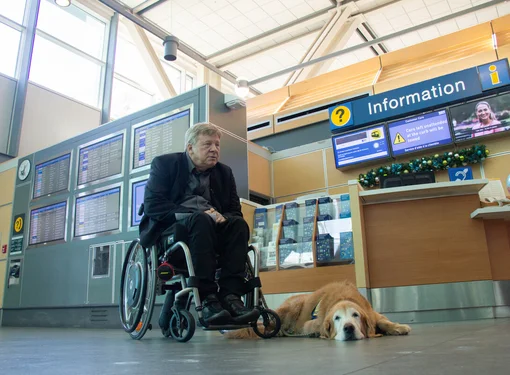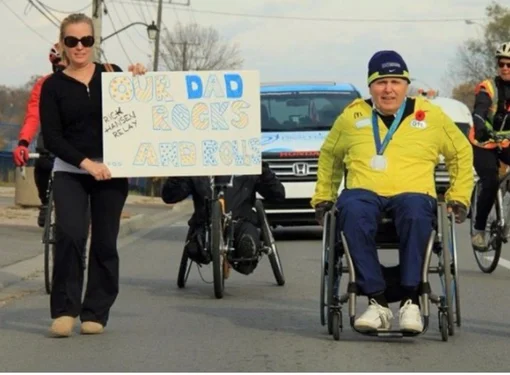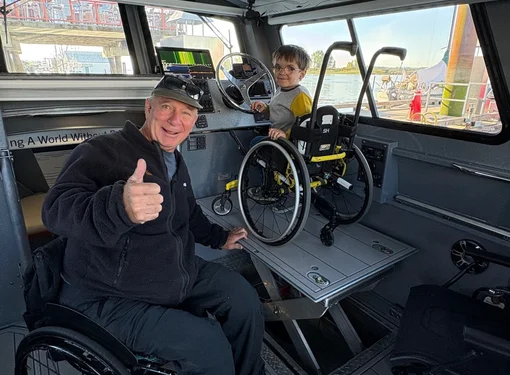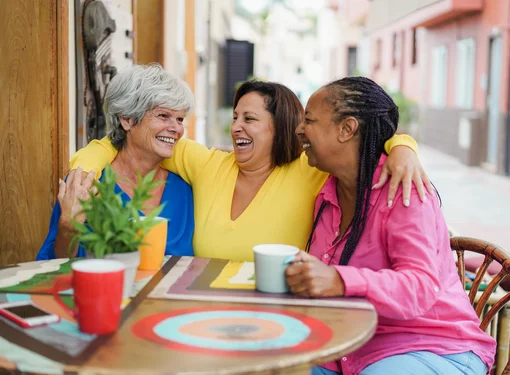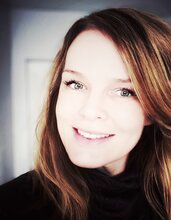Through the Lens of Possibility
When Marika van Dommelen talks about her photography, she does so the way some people talk about music, with a reverence for light, tone, and timing.
“I realize as I’m looking through the lens the things I’d taken for granted, whether that be a flower, a shoreline, look completely different from my perspective of being lower to the ground thanks to my wheelchair,” Marika said. Photography also presents freedom in addition to perspective: “My lenses help me reach places I can’t always get to physically,” she added.
Born with spina bifida, Marika walked with leg braces and crutches through childhood until, at twelve, repeated surgeries and strain on her shoulders and hips made her a full-time wheelchair user.
“From an early age,” she said, “I learned what it means to navigate a world not built for everyone.”
That lesson would come to define her life, not in limitation, but in perspective.
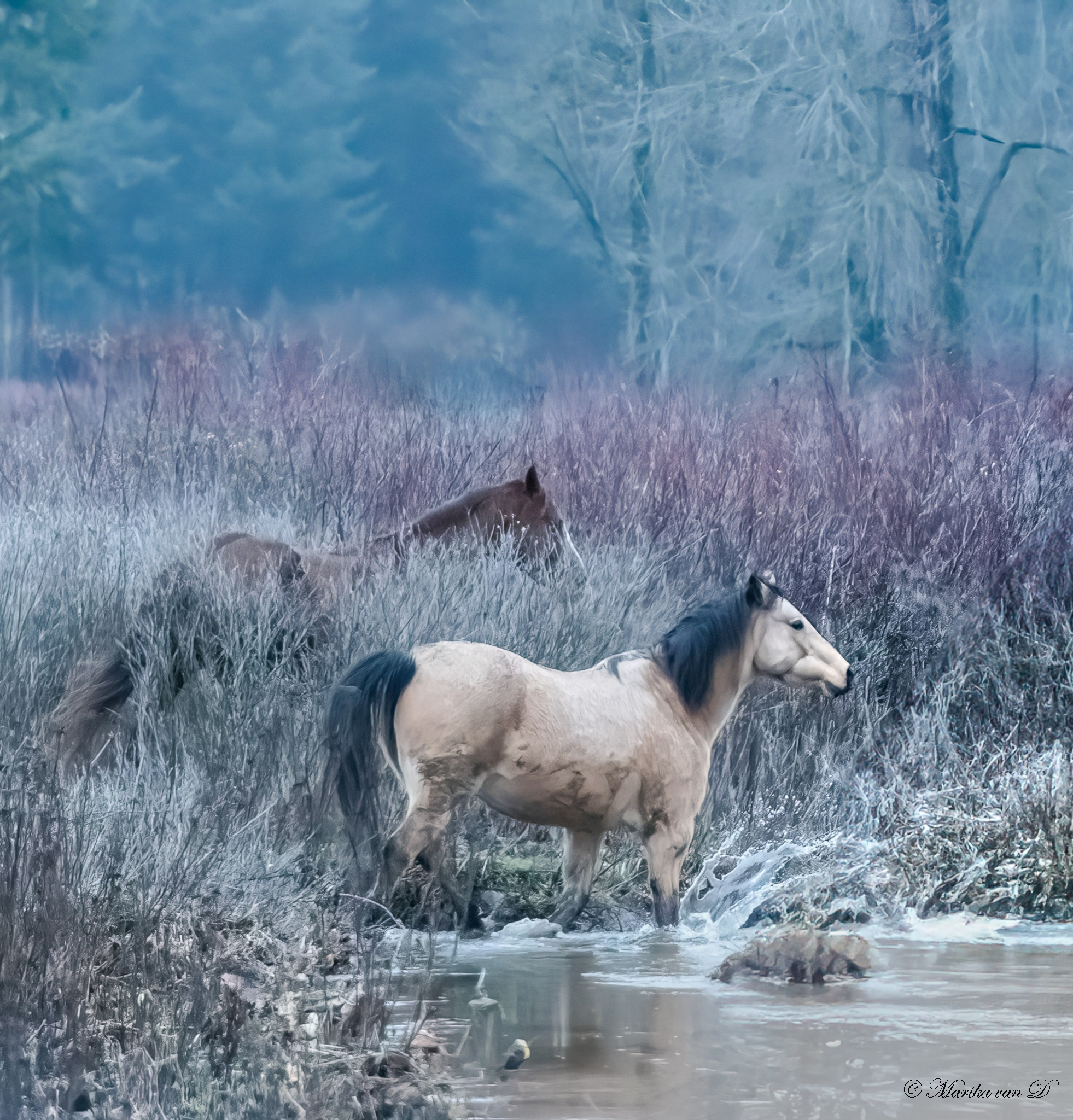
Finding Light
It was her son who sparked her own creative path.
“He took a photography course in elementary school, just a lunchtime thing. I thought, this is a perspective that could be so freeing for me,” Marika said. “There are lots of things I can’t see the way other people see them because I can’t get close. My lenses help me get there.”
She began experimenting with light and focus, photographing small, ordinary subjects that were easily accessible, such as flowers, reflections, bits of water and sky. Through the use of light and depth of field, Marika’s photographs take on a dreamlike quality.
“Most of my photos have a painterly look,” she said. “People think they are paintings. That wasn’t intentional at first; I was probably just learning,” she added. “But now I play with that style intentionally – darkening backgrounds and using light or mist to soften edges – to draw out what matters.”
During the pandemic, while recovering from a broken leg, Marika decided to take a course to advance her photography skills. However, the value of the course was not so much in technical skill, but fellow enthusiasts.
“I’d already been self-taught, but it gave me community,” she said. “Thousands of people from all over the world were on the class page. We critique each other’s work and became friends.”
Encouraged by her husband, son, and friends, she began printing and selling cards and canvases. “I haven’t sold a ton,” she said modestly, “but for an artist still figuring it out, five or six canvases in a year and a half – that’s pretty good.”
One of those prints, an ethereal image of White Rock beach, sold quickly. “I blew the exposure out a little,” she explained. “It was quite sunny, so I let the light wash over everything. You can’t quite tell what’s sky and what’s tide. It’s calming.”
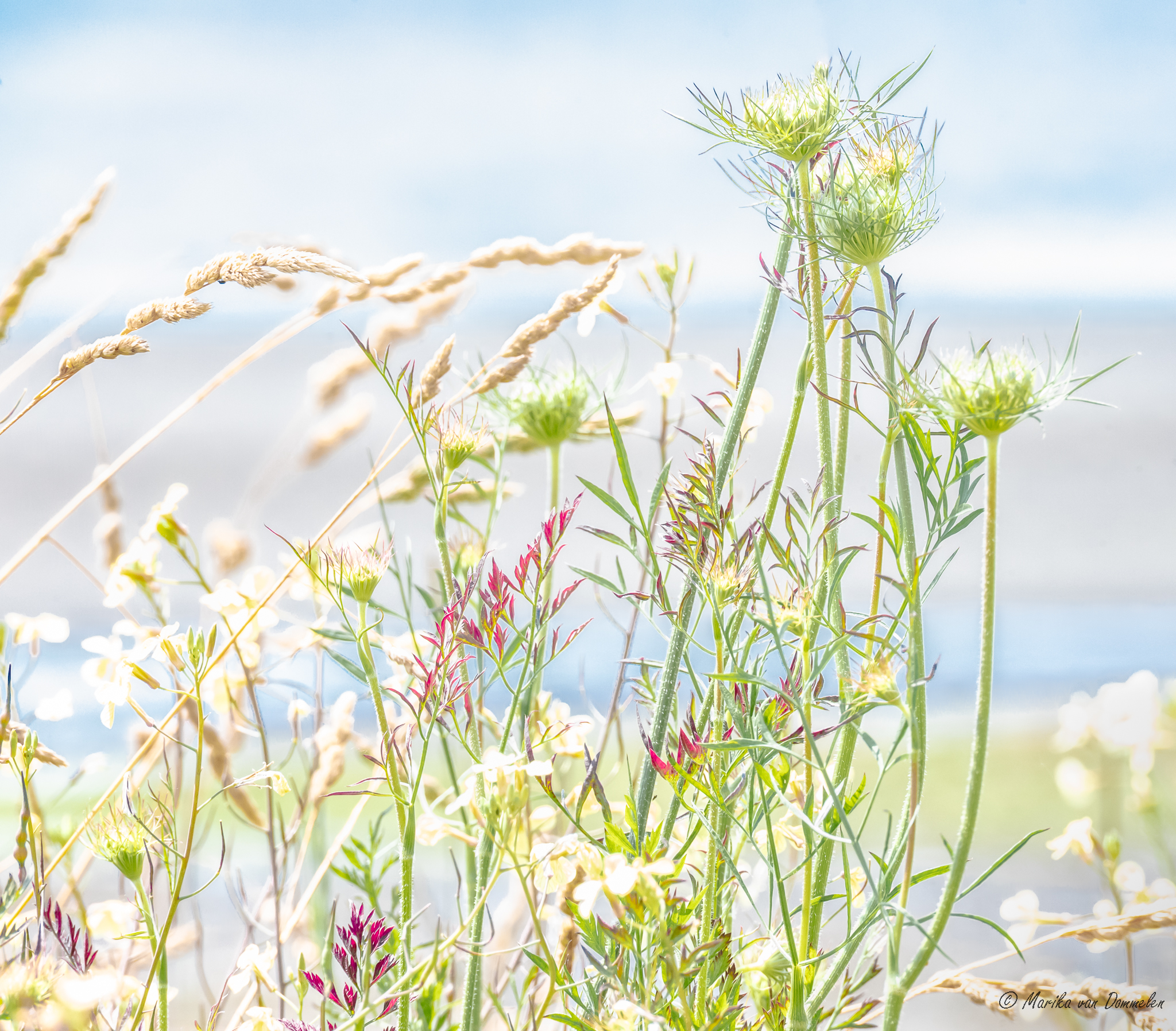
From One Man in Motion to Many
Marika’s connection to the Rick Hansen Foundation (RHF) reaches back more than three decades, back to 1992, when she volunteered at an event in Vancouver, British Columbia called Independence ’92.
The conference was one of the first global events that brought people with disabilities together as part of a movement during the United Nations Decade of Disabled Persons from 1983 to 1992. It culminated in the UN proclaiming December 3 as the International Day of Persons with Disabilities.
“Rick brought together a team of individuals who could share their stories and talk about disability awareness,” Marika recalled. “Each team had one person with a disability and one without. We would go to places like the airport or hotels that would be serving guests from around the world, helping the hospitality industry learn how to support people with disabilities.”
It was her first experience with public speaking, something she never imagined doing. “We spoke to groups from ten people to three hundred, sometimes at the Vancouver airport or the Pan Pacific Hotel. We would do three-hour presentations on accessibility and disability awareness. It was a great experience.”
That experience led to a role as an Ambassador with the RHF School Program, joining a roster of people with disabilities who share stories with youth to open their minds and hearts about disability inclusion. Marika has been part of RHF ever since, now working with donors through her role as Outreach Coordinator.
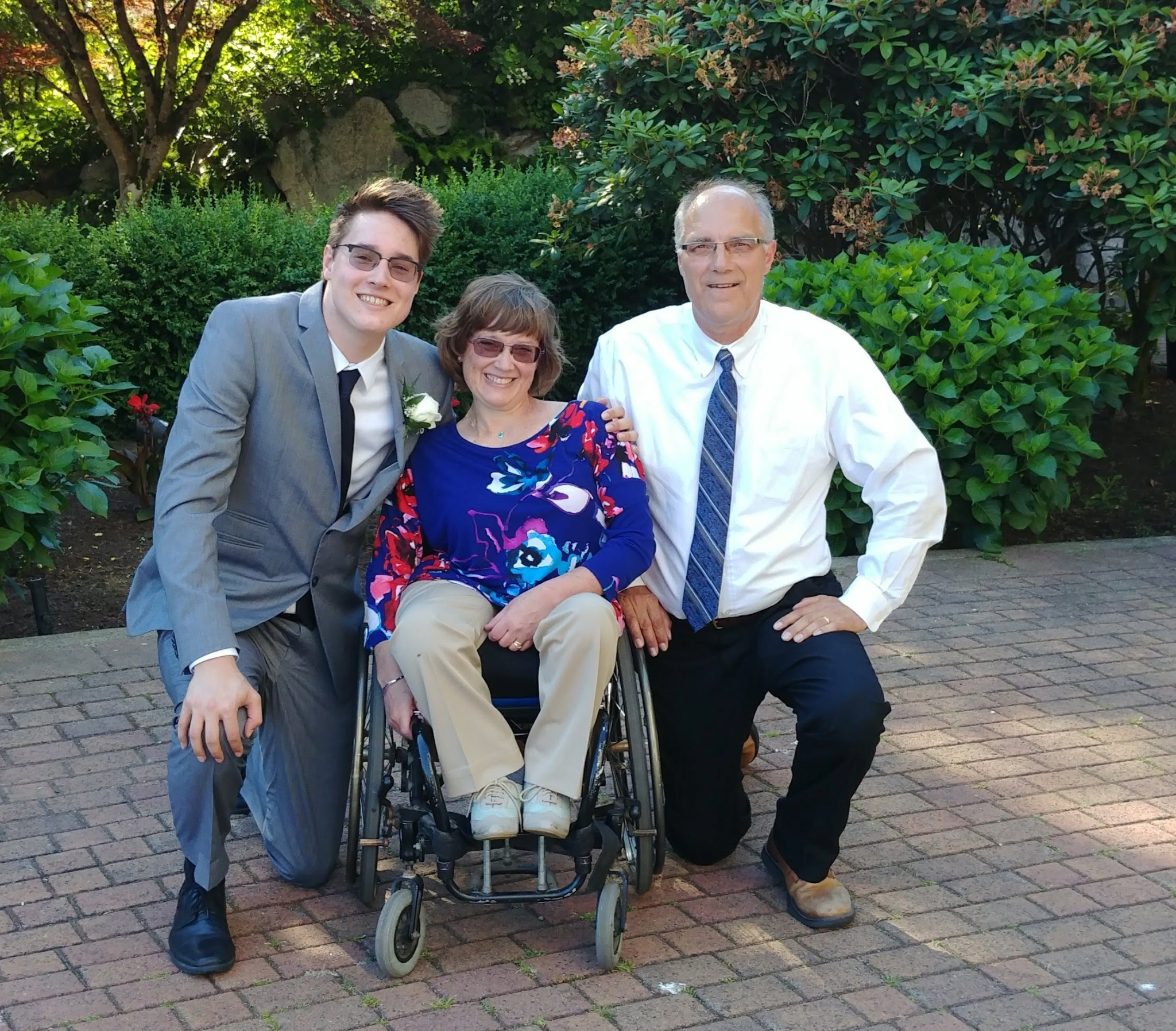
Seeing Possibility
Through every chapter, Marika has found ways to transform limitation into possibility.
“Accessibility isn’t about special treatment,” she said. “It’s about creating possibilities.”
That belief is at the heart of the Foundation’s mission, and of this year’s holiday appeal, celebrating the 40th anniversary of Rick’s Man In Motion World Tour.
Marika’s story is both a reflection of that legacy and a reminder of what remains to be done.
“Because of my work, I see how urgently accessibility is needed,” she said. “We have made progress, but it’s far from a given. With support, we can keep pushing forward.”


